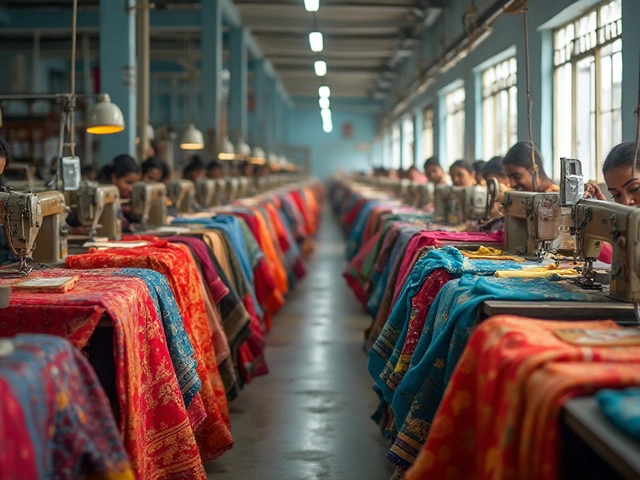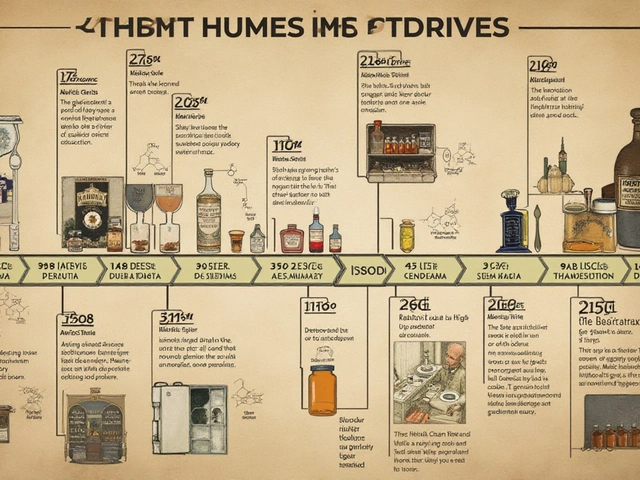Car Brand Nigeria: Market, Manufacturing & Trends
When talking about car brand Nigeria, the phrase refers to any automobile brand that sells, produces, or is marketed within Nigeria's borders. Also known as Nigerian car makes, it is a key driver of mobility, jobs, and tax revenue in the country. Understanding this entity means looking at how local factories, foreign importers, and government rules all interact. It isn’t just about the badge on the hood – it’s about supply chains, consumer preferences, and the policies that shape every deal.
Key Factors Shaping Car Brands in Nigeria
The Nigerian automotive market, the broader ecosystem of buyers, dealers, and service networks across the nation sets the stage for every car brand Nigeria story. Demand spikes during festive seasons, fuel prices swing buying power, and urbanization fuels demand for compact, fuel‑efficient models. At the same time, local car manufacturing, the process of assembling or producing vehicles inside Nigeria, often under joint‑venture agreements is gaining momentum thanks to government incentives and the desire to cut import costs. Companies like Innoson and the new Plant in Kano showcase how domestic assembly can lower prices and create jobs. But imports still dominate the shelves. imported car brands, vehicles brought in from abroad, typically from Japan, Europe, or neighboring African nations fill gaps in segments where local capacity is limited, such as luxury sedans or high‑performance SUVs. The mix of imported and locally built cars creates a competitive environment where pricing, after‑sales service, and fuel efficiency become decisive factors. Regulation is the third pillar. vehicle regulations Nigeria, the set of laws governing emissions, safety standards, and import duties for all cars sold in the country influence which brands can thrive. Recent emission standards push manufacturers toward greener powertrains, while tariff adjustments can swing the cost balance between a locally assembled hatchback and a fully built Japanese sedan. In practice, the Nigerian automotive market requires robust import policies, the local car manufacturing sector demands supportive incentives, and vehicle regulations shape the overall health of the car brand Nigeria ecosystem. Together these entities form a network of relationships: car brand Nigeria encompasses both locally produced and imported vehicles; the Nigerian automotive market requires reliable supply chains; local car manufacturing reduces reliance on foreign parts; imported car brands fill niche segments; and vehicle regulations influence pricing and technology adoption. This web determines why a brand like Toyota may dominate the midsize segment while Innoson car brand Nigeria leads in affordable, locally assembled models.
Below you’ll find a curated selection of articles that dig deeper into each of these angles. From how global suppliers support regional factories, to the impact of Nigerian policy changes on pricing, each post offers practical insights you can apply right away. Whether you’re a buyer comparing models, an entrepreneur eyeing assembly opportunities, or a policymaker tracking industry trends, the collection provides the context you need to understand the full picture of car brand Nigeria today.

Nigeria's automotive industry might surprise many, boasting local manufacturing initiatives. This article delves into which car brands are assembled in Nigeria, unveiling some unexpected partnerships and regional factories. It explores how the government's policies encourage local automotive production and the implications for the economy. Furthermore, it discusses the challenges these manufacturers face in Nigeria's unique market. (Read More)







